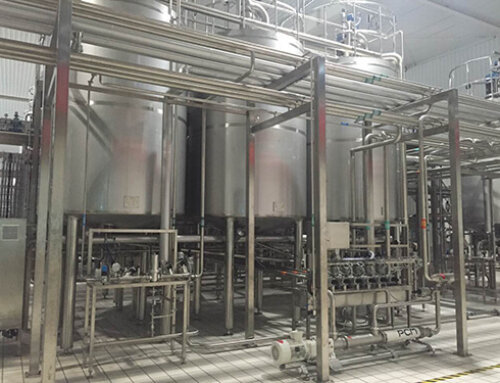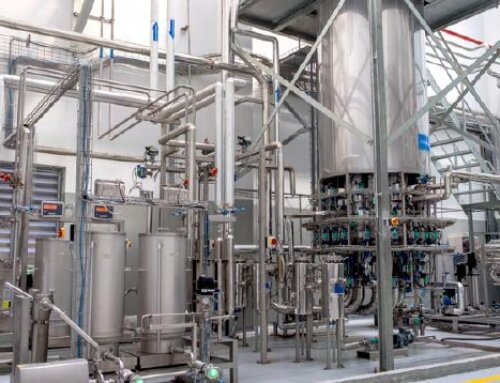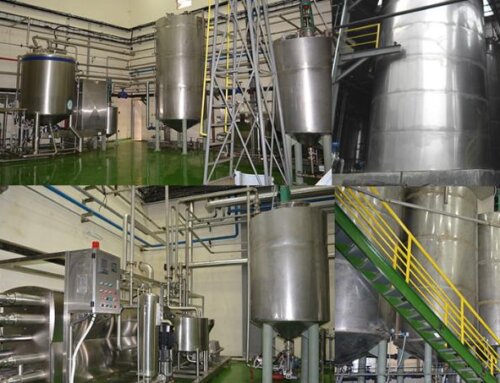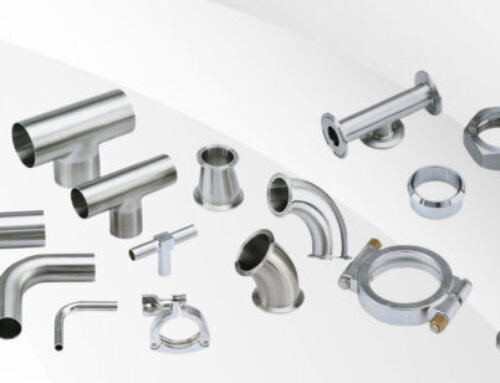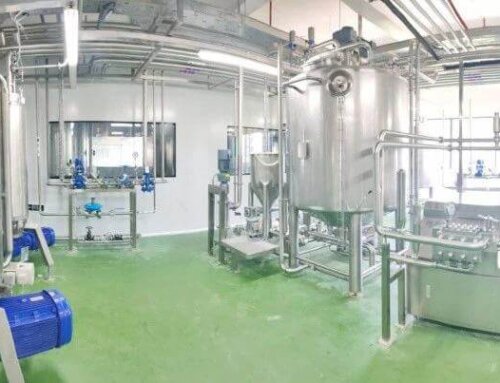Coconut Water Function
–Coconut water is the liquid endosperm of coconut fruits and is accumulated in large amounts at 9 months of the coconut fruit. The greatest amount of coconut water is found in young, green coconuts and provides nourishment for the growth of the solid endosperm (coconut meat) inside the hard shell of the fruit. It has many functions both for human body and plant:
–Coconut water serves as a natural reservoir of nutrients to promote tissue growth. When the fruit matures, both the solid endosperm and the remaining coconut water serve as nutrients for the developing embryo and seedling.
–Coconut water is naturally fat-free, low in food energy (16.7 calories or 70 kJ per 100 g) and suitable PH value, it contains a host of nutrients including sugars, sugar alcohols, mineral matters. lipids, amino acids, nitrogenous compounds, organic acids and enzymes, and they play different functional roles in plant and human systems due to their distinct chemical properties. Vitamins, which are essential for the normal functioning of the human body, are also found in coconut water. It contains B vitamins. The B vitamins are water-soluble and are required as coenzymes for enzymatic reactions essential for cellular function.
–Coconut water is also marketed as a sports drink because of its high potassium and mineral content which helps the body recover from rigorous exercise. It has a therapeutic effect by acting as an anticarcinogenic agent. Research studies have suggested that coconut water can be used for electrolyte replacement in a wide range of situations.
Coconut Water Pasteurization Introduction
Coconut water contains many enzymes including acid phosphatase, catalase, dehydrogenase, diastase, peroxidase and RNA polymerase. It also contains oxidoreductase enzymes; polyphenoloxidases and peroxidases. These enzymes can be inactivated by pasteurization, sterilization and other heat treatment processes. Coconut water is traditionally consumed fresh, directly from the fruit at production regions. In order to allow its consumption in other regions, its industrialization demands a conservation process able to maintain its physicochemical and sensory properties. The coconut water inside the fruit is sterile but when it is extracted and exposed to air, it becomes subjected to quick oxidation and microbial contamination leading to depletion of nutrients and spoilage.
Pasteurization is a mild thermal process performed below 100 ºC and generally carried out to preserve food through the mechanism of enzyme inactivation and the destruction of relatively heat-sensitive microorganisms. The heating process causes minimal changes in the sensory characteristics and nutritive value of the food. However, it extends the shelf life of foods for several days or for some months. Pasteurization can be achieved by a combination of time and temperature such as heating at a relatively low temperature and maintaining for a longer time or heating food to a higher temperature and holding it for a short time. The use of adequate pasteurization conditions for preserving coconut water will ensure its shelf-life extension, and consequently lead to the availability of the water at all times.
For the bottled coconut water and canned coconut water, there are two main pasteurization processes:
Coconut water pre-pasteurization: A stainless steel knife was used to cut a small incision for the extraction of the coconut water. The fresh coconut water was strained using a 200mesh cloth filter, then use the plate pasteurizer to kill the pathogenic bacteria and enzyme inactivation, the coconut water pasteurization process is 95℃for 15S or 75℃for 120S. After the fresh coconut water is pasteurized, then it can be filled into plastic bottles and sealing. And then we will obtain 100% natural coconut water.

Coconut water post-pasteurization: However, in the process of filling and sealing the natural coconut water into bottles or metal cans, it will inevitably come into contact with the air, causing secondary bacterial contamination of the coconut water. So after the filling process, the coconut water post-pasteurization is the necessary process. When coconut water is filled in containers, the coconut water will use the spray type or water bath type pasteurization cooling machine to complete the pasteurization process. There are three technological processes for the pasteurization to choose from: 90℃ for 5 minutes, 80℃ for 15 minutes or at 70℃for 25 minutes. After pasteurization, the coconut water will be cooled to 30℃for packing. The shelf life of coconut water is 12 months in ambient temperature with two-step pasteurization.

Tetra Pak Carton Coconut Water package, there will be one UHT sterilization process:
After coconut water is extracted from the fruit, use a filter to filter out the coarse fiber in the coconut water, then the tubular UHT sterilizer will be used to kill all the bacteria in coconut water, after sterilization, the coconut water reaches commercial sterility and fills into aseptic cartons. Some coconut water manufacturers will also add some ingredients like plant stabilizers, fructose, vitamin C into the coconut water before UHT sterilizing to increase the flavor and nutrition. Ultra-high temperature instantaneous sterilization process for coconut water is heating coconut water to 137℃and holding for 3-5S and then cooling to 30℃ for filling. The shelf life of coconut water is 12 months in ambient temperature with UHT process.
Coconut Milk Sterilization Process
After the coconut milk is squeezed out, the raw material contains a lot of bacteria, and because raw coconut milk contains high protein and high fat, which are hotbeds for bacteria to multiply. If we leave raw coconut milk at ambient temperature without any heat treatment, the coconut milk will go bad at 1-3 hours; And if we stored the raw milk in about 10℃ environment, then the milk can last for 6-8 hours; If we pasteurize the milk and stored in 10℃ tanks, the shelf life can last 16-24 hours. The reason why we use the first pasteurizer, it is because if the production of the first day’s shift finished, and there is still raw coconut milk in the batch tank, and if it is not pasteurized, the raw coconut milk in the batch tank will deteriorate when the next day producing, then it will cause a lot of waste, and need to clean batches tanks, resulting in low production efficiency.
So if you can make sure every day shift can finish producing raw coconut milk, and the whole process from raw coconut milk to packing milk in aseptic bags will be finished in 6-8 hours, then the pasteurizer will be not necessary.
The second heat treatment is using tubular sterilizer for UHT sterilizing(137-141℃ hold for 4-6S), This sterilizing process can kill all the bacteria in milk, and let coconut milk reach commercial sterility, so it can be aseptic filling in next process. The end coconut milk after UHT sterilizing and aseptic filling, the shelf life can reach to 6 months at most in the ambient temperature environment.
We offer turnkey project for coconut water processing plant and coconut milk processing plant, welcome any inquiry from us!

